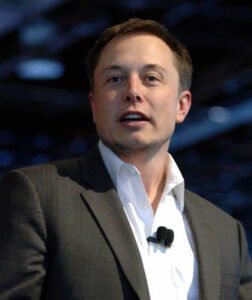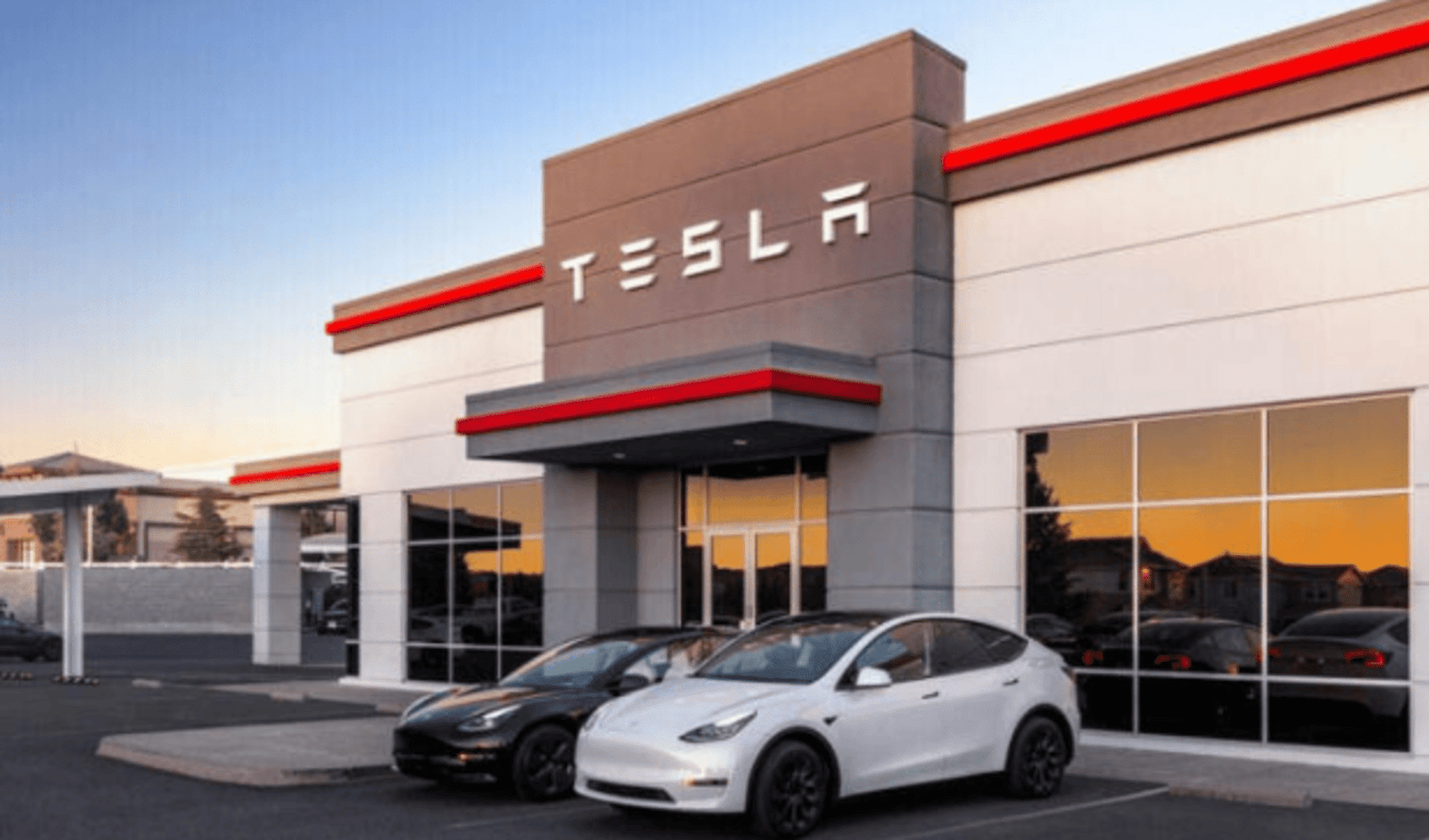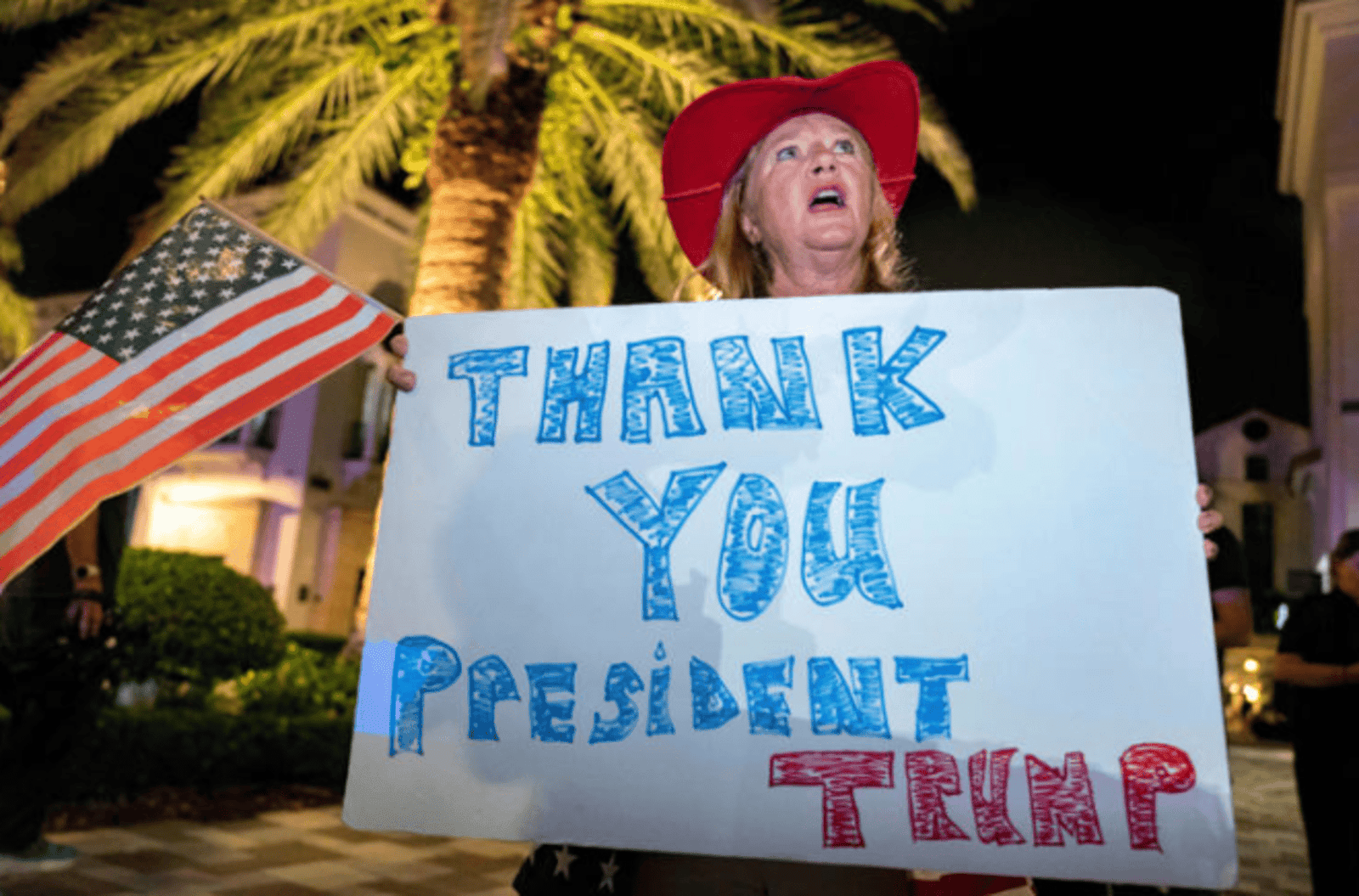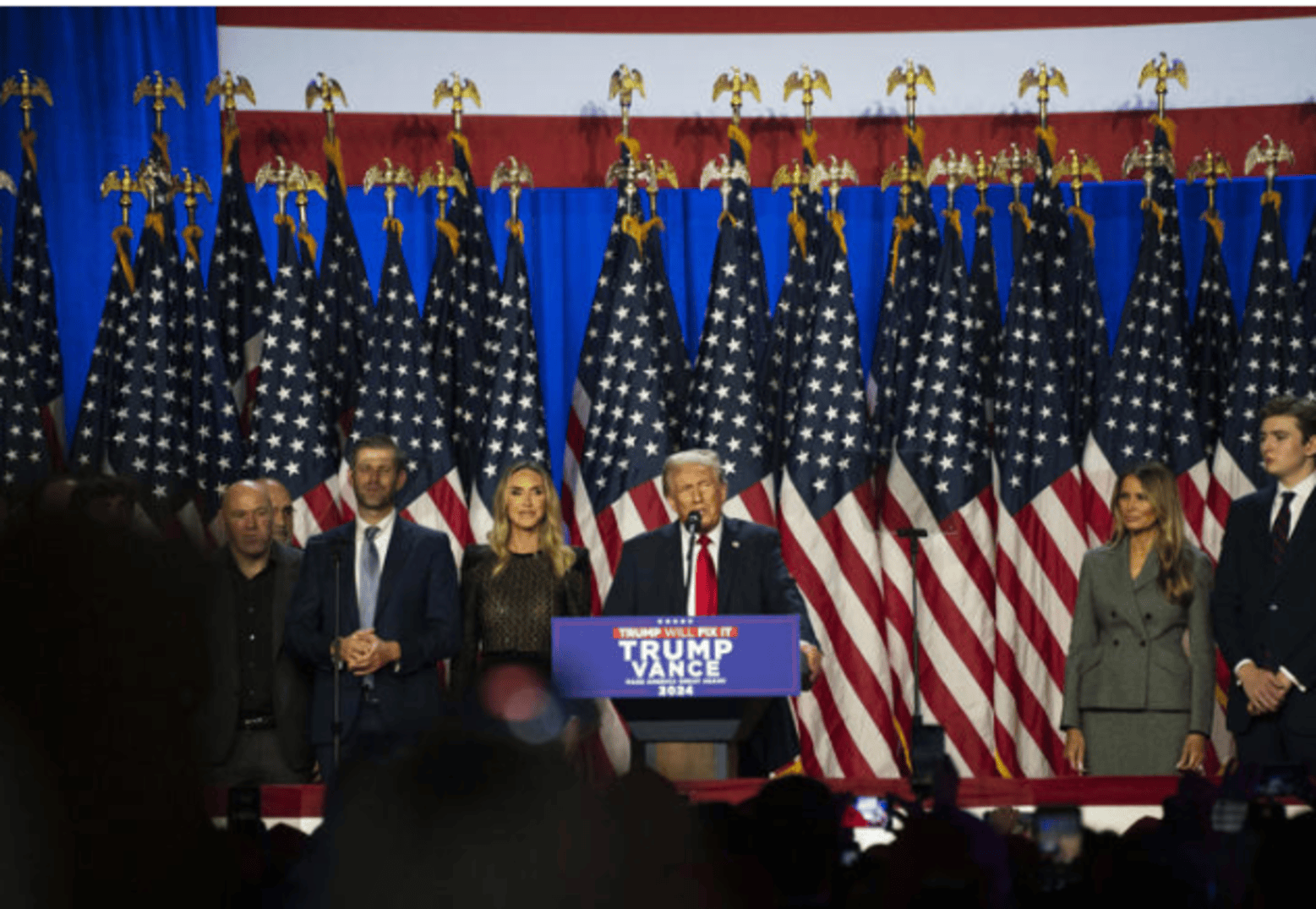
Musk Brazil Showdown Tech Giants Face Fallout. Elon Musk Escalates Conflict with Brazil’s Top Judge
This comes amid a growing legal and political confrontation between Musk, his companies, and Brazil’s highest court. The clash has intensified in recent days, affecting Musk’s various enterprises, including Tesla, SpaceX, and X Corp., formerly known as Twitter. Musk Brazil Showdown Tech Giants Face Fallout
The Brazilian Court’s Demands
Failure to comply could result in a suspension of X’s operations in the country. This ruling puts immense pressure on X, which relies heavily on Brazil’s substantial user base. The country boasts over 171 million active social media users, a critical market for X.
Under Brazilian law, social networks are required to have a local representative who can handle government takedown requests related to political misinformation. X currently lacks such an employee in Brazil. Earlier this month, X had removed all its employees from the country, exacerbating the situation.

Musk’s Online Attacks
In response to the court’s order, Elon Musk took to X to escalate his attacks on Justice Alexandre de Moraes. Musk posted a manipulated image showing de Moraes behind bars with a threatening caption.
This aggressive move by Musk underscores the deepening conflict between the tech billionaire and the Brazilian judiciary. It also reflects Musk’s broader approach to disputes, marked by a combination of public confrontation and legal challenges.
Financial Sanctions and Asset Freezes
The legal battle took another turn on Thursday when reports revealed that Justice de Moraes had ordered the freezing of all financial assets of Musk’s companies in Brazil. This includes SpaceX-owned Starlink. The court’s decision aims to ensure the payment of fines levied against X Corp.
The company, in a statement, described the court’s order as “unfounded” and issued “in secret.” Starlink criticized the decision for denying the company due process as guaranteed by Brazil’s Constitution.
Starlink’s Role and Market Impact
Starlink operates in over 100 countries, including Brazil. The service has been marketed through X, and Musk has actively encouraged Brazilians to use Starlink to access the platform. The suspension of Starlink’s financial activities could severely impact its operations and reputation in the region.
The broader implications for Starlink and X Corp. are significant. If the suspension of operations continues, it could lead to substantial business disruptions. This includes potential loss of user base and financial penalties, which could affect the overall profitability and strategic goals of Musk’s ventures.
Legal and Political Context
The conflict between Musk and the Brazilian court is not just a legal issue but also a political one. Brazil is preparing for municipal elections in October, heightening the sensitivity around political misinformation and social media regulation. The court’s actions reflect the country’s strict approach to managing online content and ensuring compliance with local laws.
For Musk, this situation represents a critical test of his approach to international legal challenges. His response could set a precedent for how tech executives handle similar disputes in the future.
Musk’s Strategic Response
In the face of these legal challenges, Musk’s strategy appears to be twofold: public confrontation and legal recourse. By publicly attacking Justice de Moraes, Musk aims to garner support and draw attention to what he perceives as an unjust situation. Meanwhile, his companies are preparing to address the legal issues through the courts, arguing for a resolution that aligns with constitutional rights and international norms.
Broader Implications for Tech Companies
Musk’s confrontation with Brazil’s judiciary highlights the growing tension between global tech companies and national regulations. As tech giants expand their operations internationally, they face increasing scrutiny and regulatory challenges. The outcome of this conflict could influence how other companies approach compliance with local laws and navigate similar disputes.
The situation also underscores the complexities of operating in diverse legal environments. Tech companies must balance their global strategies with the requirements and expectations of individual countries, which can vary significantly.
The ongoing conflict between Elon Musk and Brazil’s judiciary has broader implications for the tech industry, highlighting the complex relationship between global companies and national regulations. This situation serves as a pivotal case study for how tech giants navigate international legal landscapes and manage their operations under varying regulatory environments.
Regulatory Compliance Challenges
One major implication is the challenge of regulatory compliance across different jurisdictions. As tech companies operate on a global scale, they must adhere to a diverse set of local laws and regulations. Brazil’s stringent rules on social media and political misinformation exemplify how countries are increasingly implementing strict regulations to control online content. This regulatory environment forces tech companies to adapt quickly, often requiring them to establish local representation and comply with specific legal requirements or face significant operational risks.
Impact on International Operations
The potential suspension of X Corp. in Brazil and the freezing of Starlink’s assets highlight the risks associated with non-compliance. For tech companies, such disruptions can lead to financial losses, reputational damage, and operational setbacks. These companies must navigate these risks by maintaining robust compliance frameworks and developing strategies to manage regulatory disputes effectively.
Conclusion
Elon Musk’s escalating conflict with Brazilian Supreme Court Justice Alexandre de Moraes marks a significant development in the ongoing battle between tech giants and national regulators. The issues at stake include legal compliance, market access, and the broader implications for global tech operations.
As the situation unfolds, the outcomes will likely have lasting effects on how tech companies manage their international operations and respond to legal challenges. The confrontation also highlights the challenges of balancing business interests with regulatory requirements in different jurisdictions. The resolution of this conflict will be closely watched by stakeholders across the tech industry and beyond.









